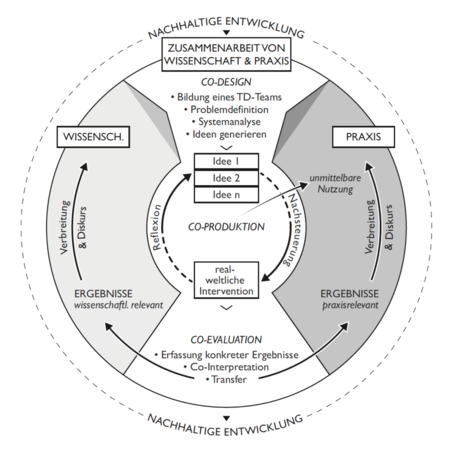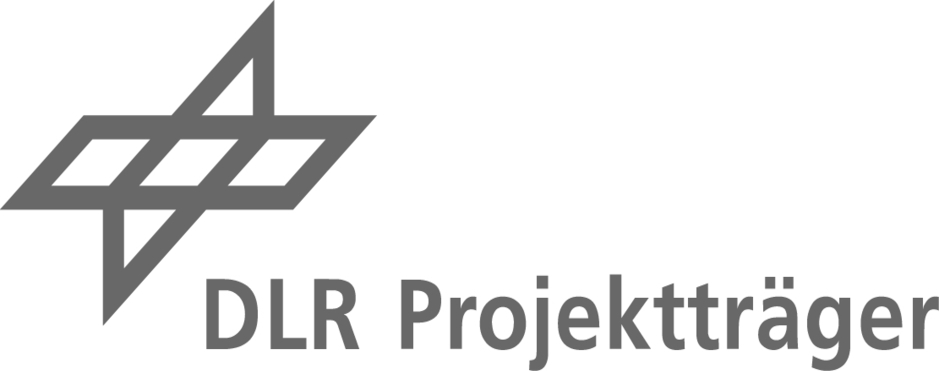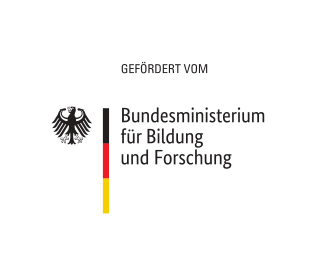Promoting a more climate-friendly and healthier offering in the canteens through the introduction of climate and health labelling
...as a measure in the field of nutrition.
Results of the 1st transfer laboratory
As part of the first transformation lab, Magdeburg-Stendal University of Applied Sciences founded the Green Plate working group. This interdisciplinary working group is working in co-operation with the Magdeburg Student Union on the implementation of climate and health labels to promote climate awareness in the area of nutrition. The labels are expected to be officially introduced this spring for the summer semester.
Explanation: Cross-university transfer lab
The transfer lab is described as cross-university because the measure is managed by two different universities over the phase of two transfer labs.
- The HS Magdeburg-Stendal will take over the management of the 1st transfer lab phase (12/2023 to approx. 09/2024).
- The HS Harz will take over the management of the 2nd transfer lab phase (approx. 10/2024 to 09/2025).
As OVGU Magdeburg has already selected two main transfer laboratories of its own, it is not involved in this measure in a leading but accompanying role, as it covers the third location of the Studentenwerk Magdeburg , has the most university members and the largest canteen.
More information on the covered measure
- As part of the KlimaPlanReal research project, Harz University of Applied Sciences (HSH), Magdeburg-Stendal University of Applied Sciences (h2) and Otto von Guericke University Magdeburg (OVGU) are endeavouring to promote a more climate-friendly and healthier offering in the canteens through the introduction of climate and health labels for canteen meals from the Magdeburg Student Union. The measure and the ‘Green Plate’ transfer laboratory mark the first of two transfer laboratories that are being carried out in a participatory manner as part of the KlimaPlanReal project at Magdeburg-Stendal University of Applied Sciences. The initiative of the three participating universities aims to promote awareness of climate-friendly and healthy eating by testing labelling systems such as the carbon footprint and health score for dishes. This collaboration takes place in close co-operation with the Magdeburg Student Union.
- As part of this initiative, the acceptance of the labels will be evaluated and long-term adjustments in purchasing behaviour will be determined. The focus of the measure is on promoting an ecological and environmentally friendly food culture to support the climate neutrality of the Studentenwerk and the university canteens. The measure was chosen because, as a cross-university initiative, it has a significant impact and is also highly effective externally.
- The recommendation of the Inter-University Climate Council on the measure can be found in detail in the Harz University Climate Plan (measure 25) and in the OVGU Magdeburg Climate Plan (nutrition measures 1 and 2). Note: As Magdeburg-Stendal University of Applied Sciences did not have a university climate council, the measure was expanded within the project together with the ideas from the other two climate plans for the third location of the Magdeburg Student Union. Furthermore, the measure was prioritised by the university management of h2. This means that all three universities associated with the canteens of the Magdeburg Student Union are involved in the overall measure. Further partial measures in the area of nutrition / canteen will be supplemented by the Transferlabor team if necessary.
Contact: Project team of the HS Magdeburg-Stendal










